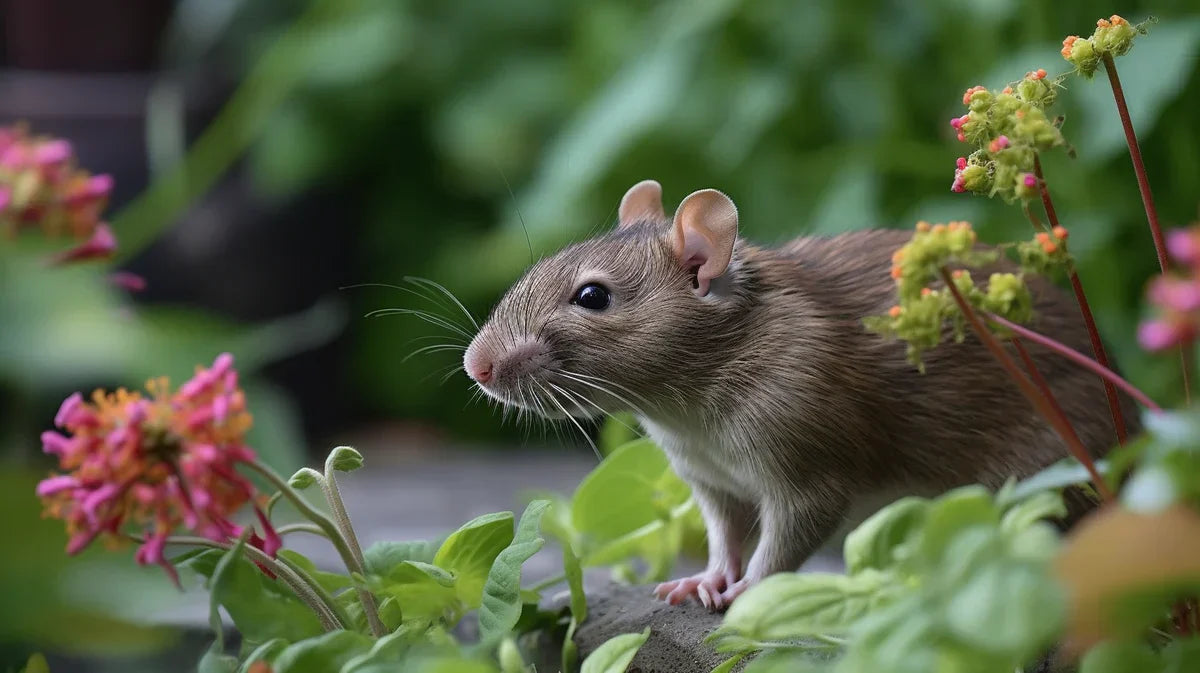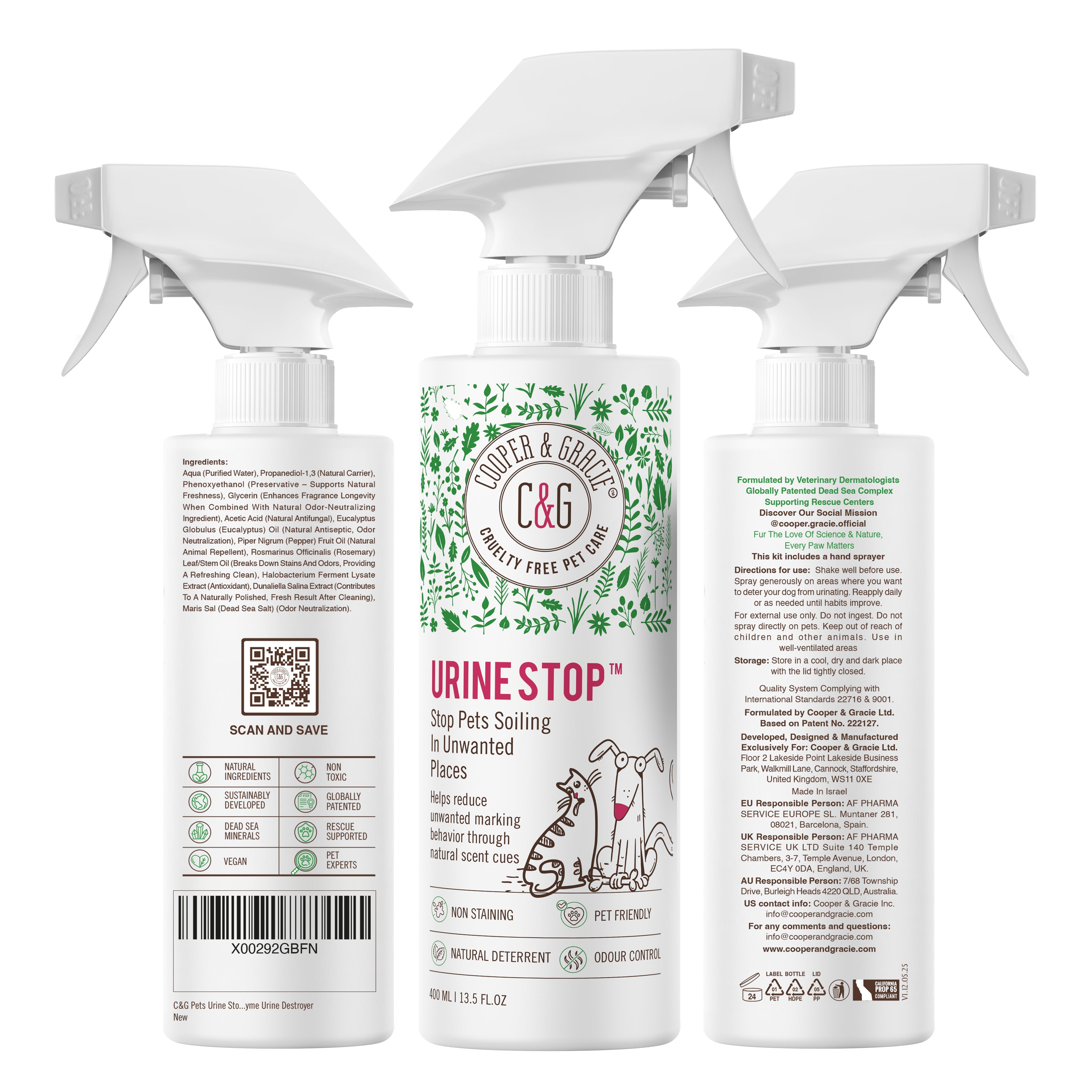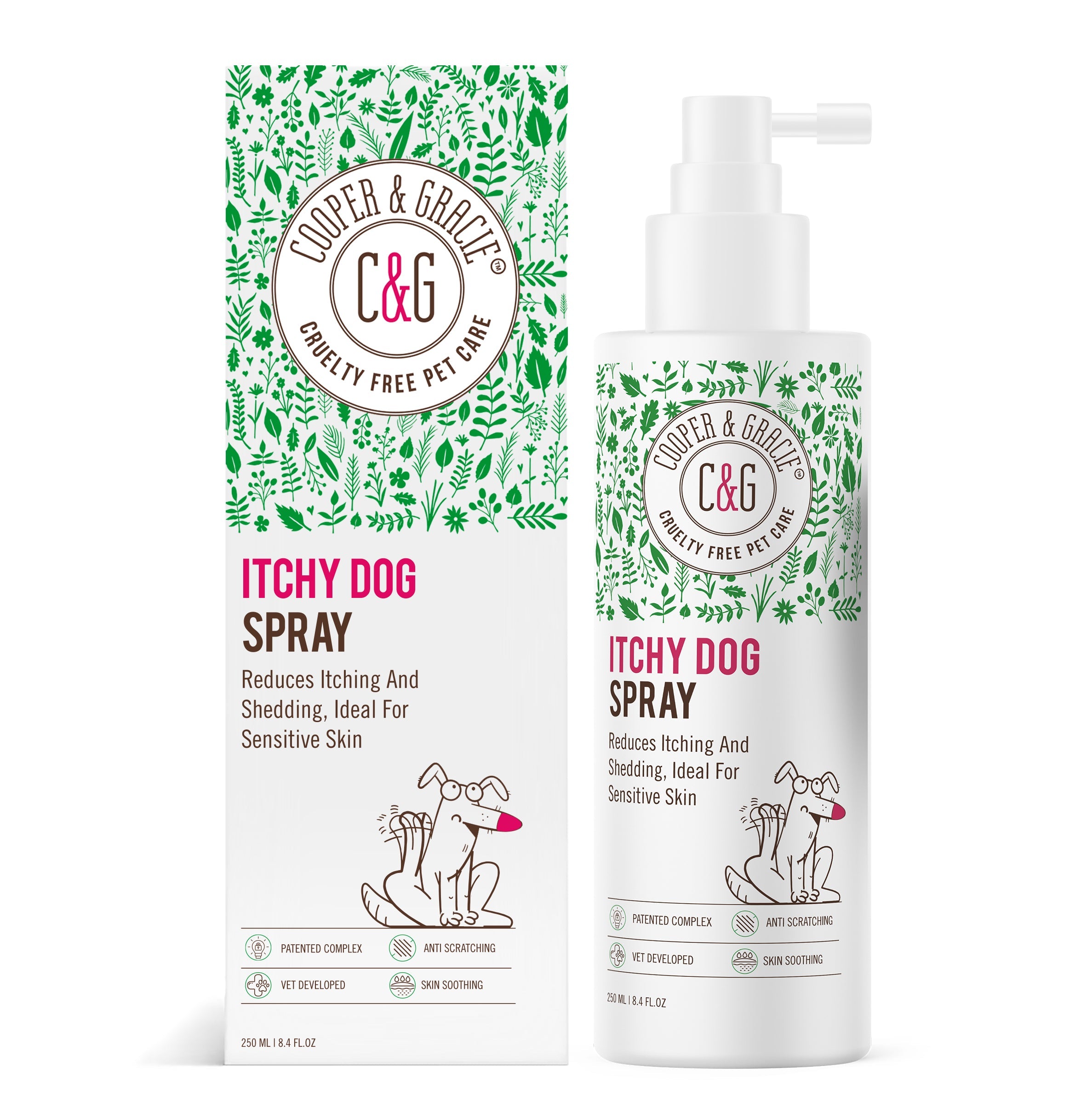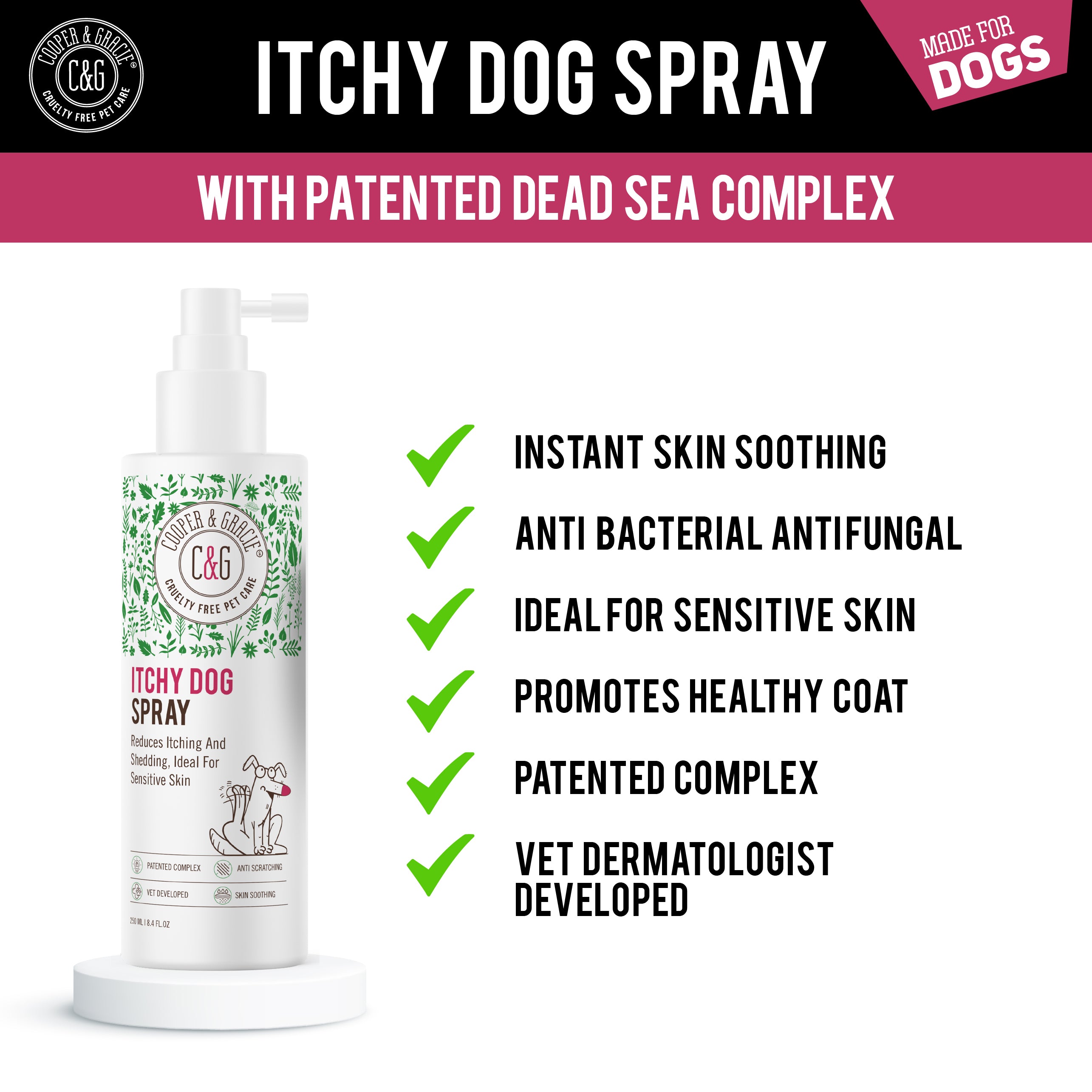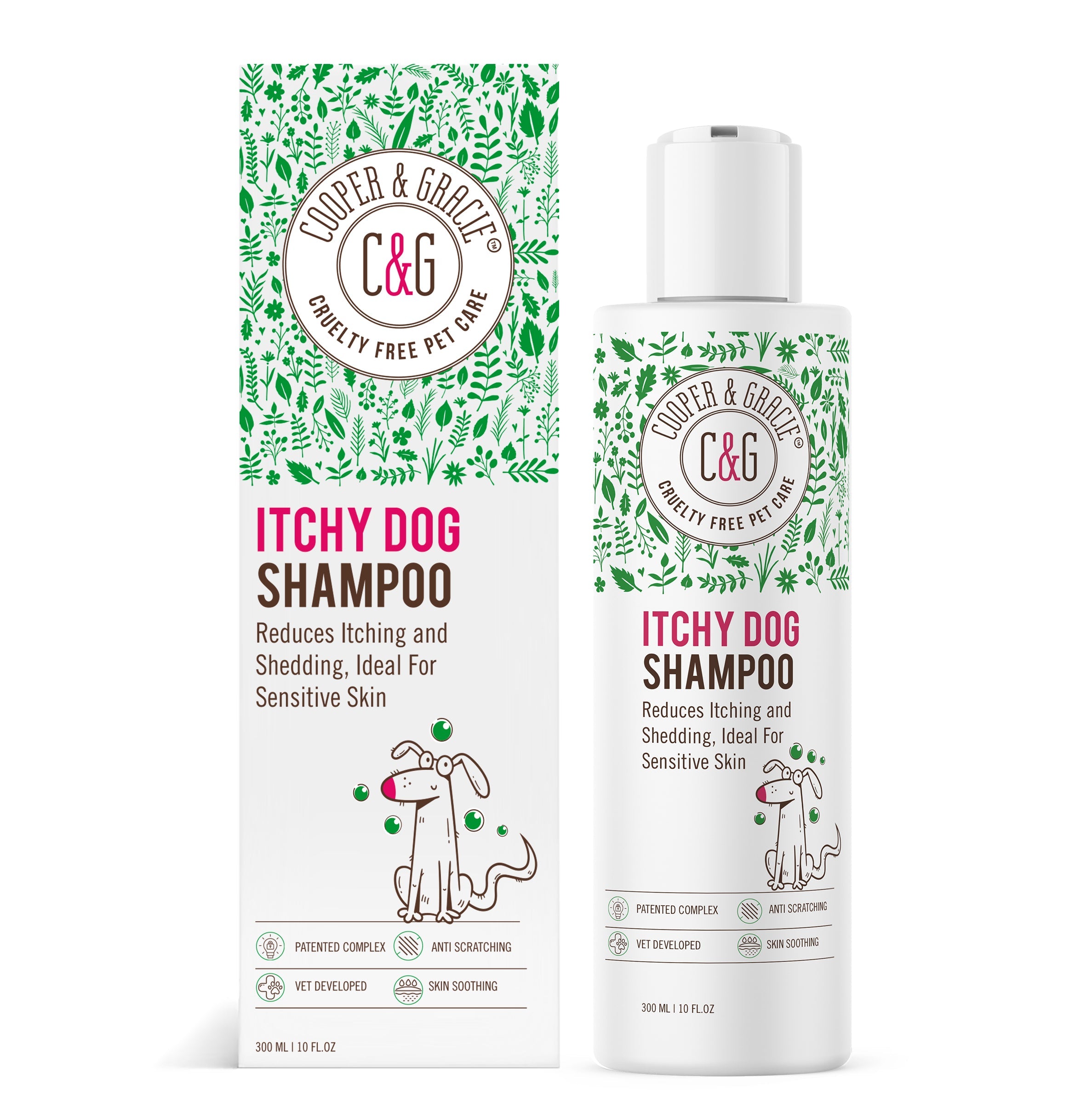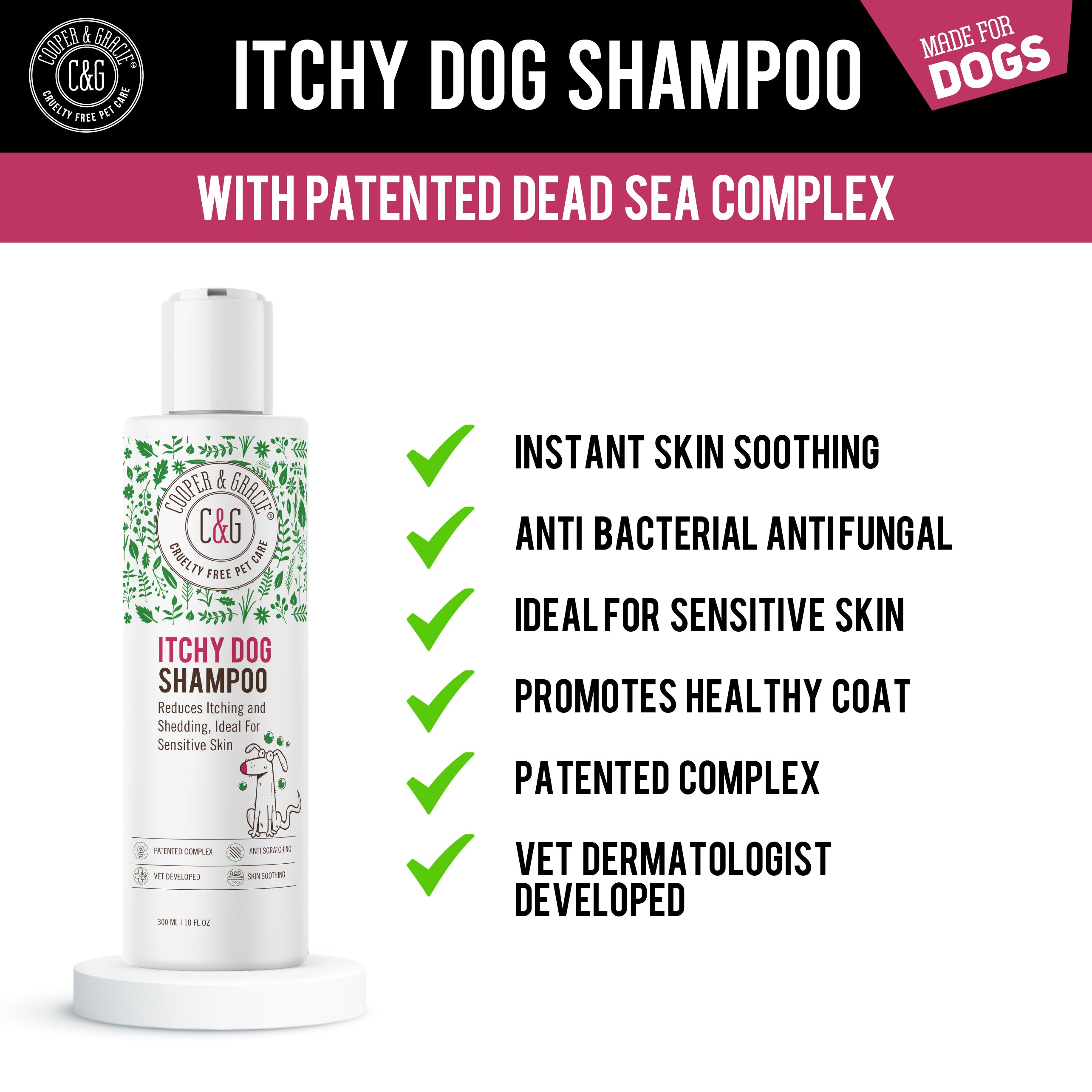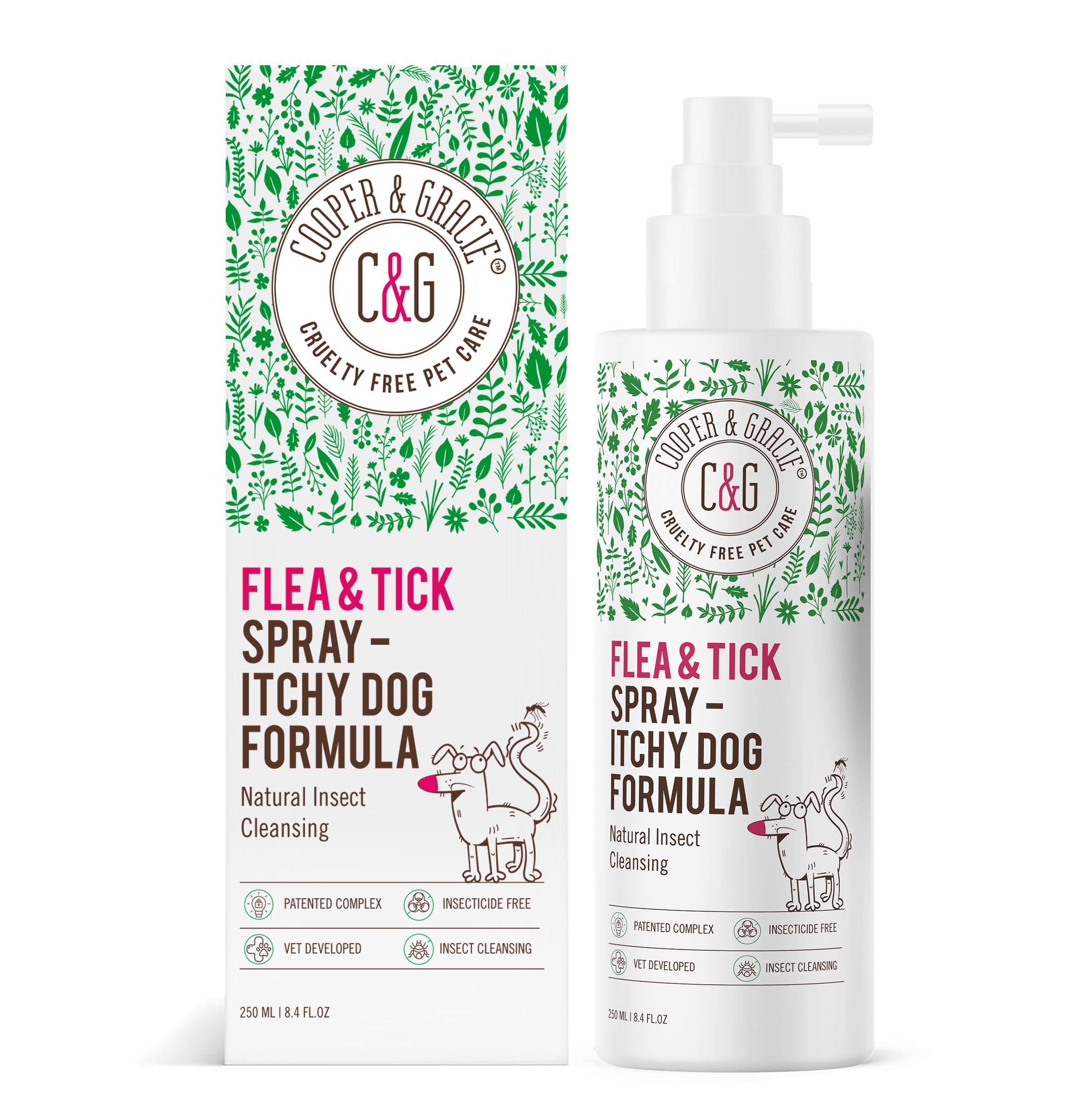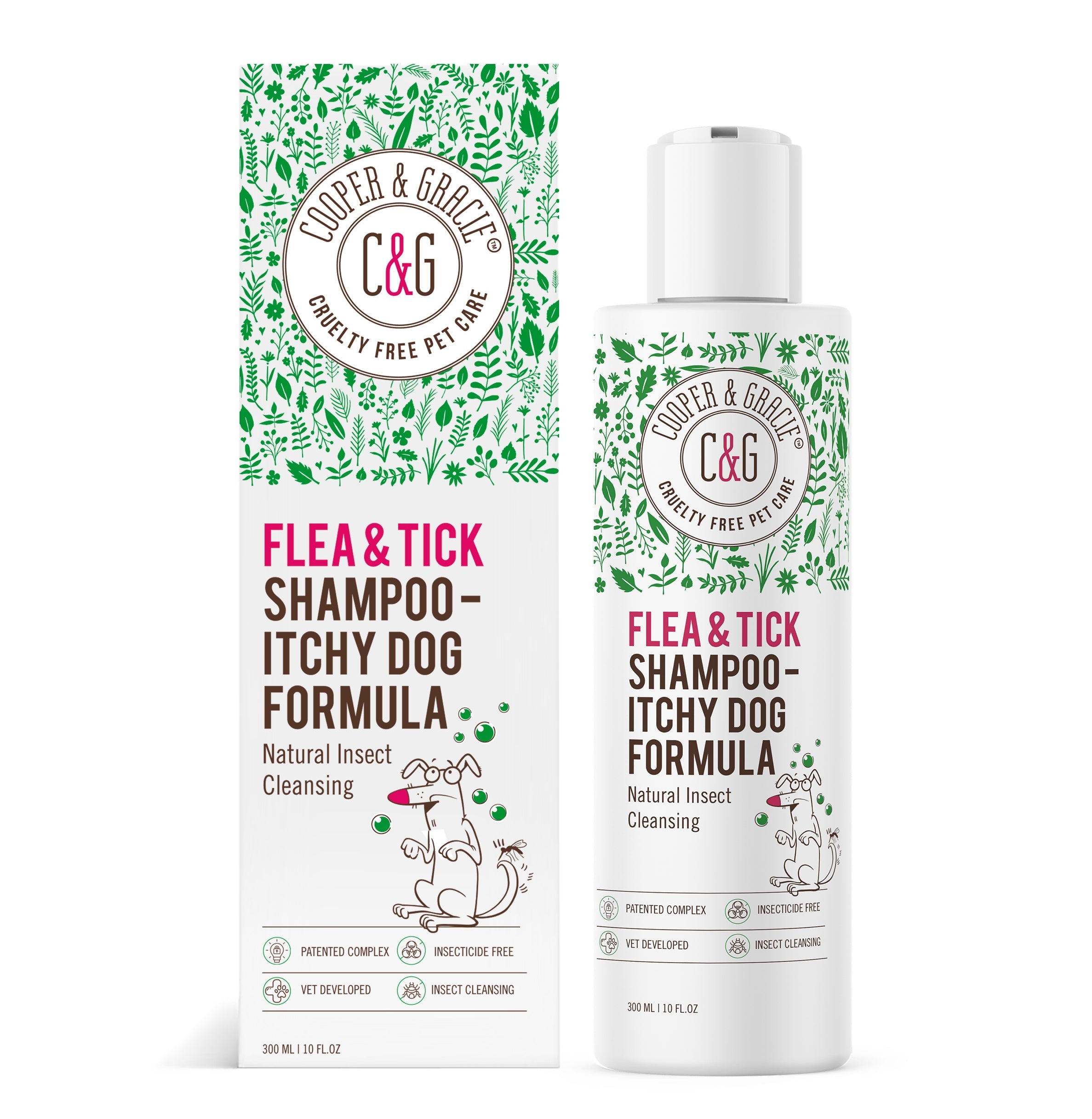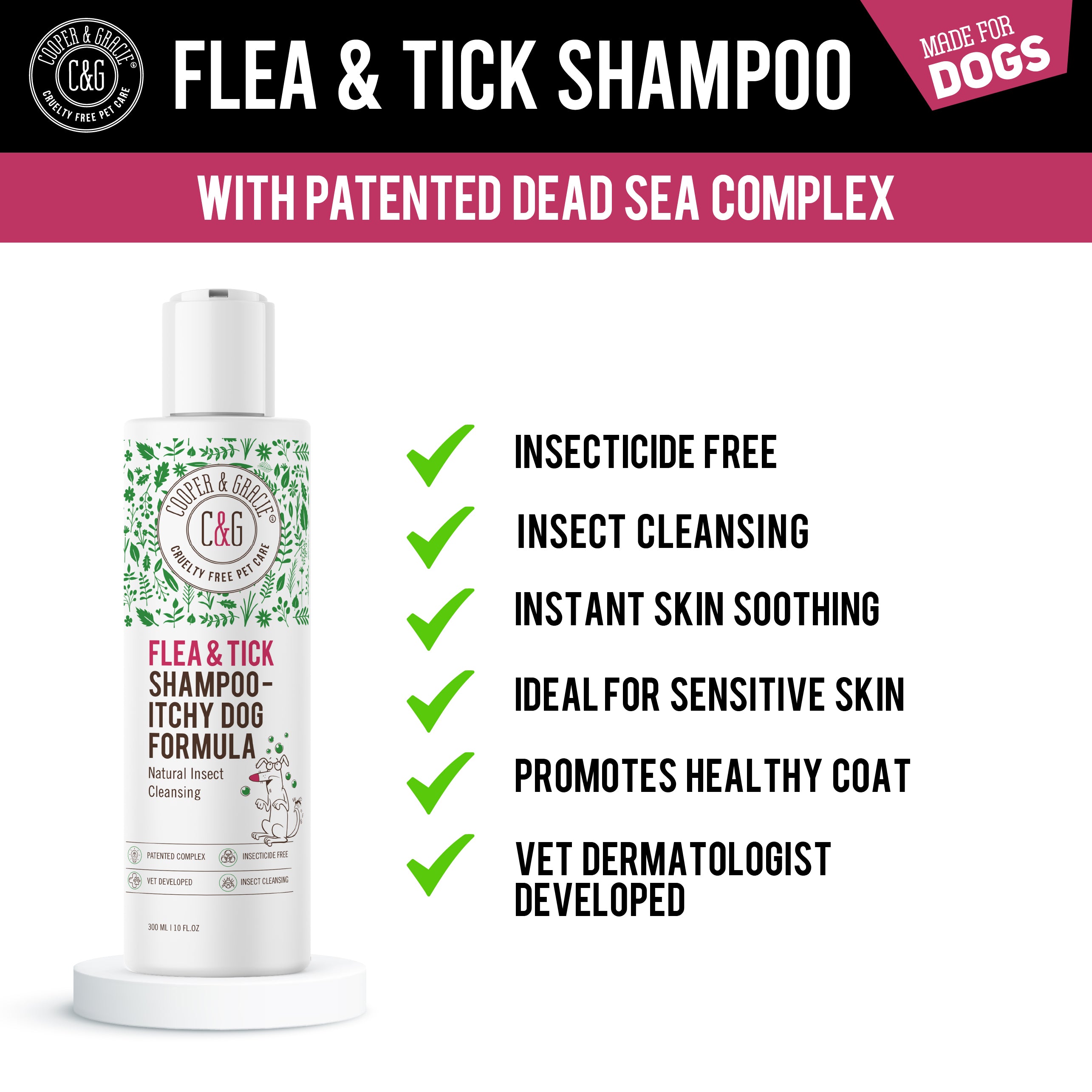How to Get Rid of Rats in Your Garden
Ah, gardens - a haven for peace, beauty, and... rats? Indeed, for many homeowners, a rat infestation can turn a relaxing garden into a source of stress. So, how do you ensure these pesky rodents don’t ruin your Eden? Let's dive into it.
Understanding the Problem
Why are rats attracted to gardens?
Ever wonder why our furry nuisances find gardens so appealing? Rats are opportunistic creatures. They're on the constant lookout for food, shelter, and water – all of which a garden often provides in abundance.
Signs of a rat infestation
Notice your plants nibbled at their base? Or maybe you've seen burrows near compost bins? These are just some of the tell-tale signs that rats might be frequenting your garden. Another sign? Rat droppings – they're pellet-like, dark, and roughly 1-2 cm long.
Preventative Measures
Keeping your garden clean
A stitch in time saves nine, right? One of the most straightforward ways to keep rats at bay is maintaining a clean garden. Regularly prune overgrown areas and remove piles of wood or debris where rats could hide.
Proper storage of food and waste
Remember those BBQ leftovers? Rats would love them! Ensure all food waste is securely stored, and if you have a composter, make sure it's covered and regularly turned.
Natural Solutions
Plants that deter rats
The natural world offers a fascinating array of solutions to our most pressing problems, and when it comes to keeping rats at bay, certain plants stand tall.
Mint, with its invigorating aroma, is not just a delight for our senses but a deterrent for rats. Lavender, too, boasts a fragrant scent that rats find off-putting, making it another excellent choice for your garden.
But these aren't the only plants that have the power to repel. Marigolds, with their bright blooms, can also act as natural barriers against these rodents. Similarly, the strong odour of wormwood is something rats prefer to steer clear of.
Incorporating such plants does more than just offering protection against rodents. They enhance the overall appeal of your garden, adding vibrant colours, varying textures, and delightful fragrances. This way, you're not only ensuring a rat-free zone but also crafting a garden that's pleasing to the eye and nose. By making these strategic choices, you can enjoy a serene, beautiful, and most importantly, rodent-free outdoor space.
Natural predators
Ever considered getting a cat? Not only are they wonderful companions, but they're also natural rat hunters. Owls and hawks also help control the rat population. Installing owl boxes might be a good idea if these birds are native to your area.
Cooper & Gracie's Organic Rodent Repellent: A Natural Champion
If you're on the hunt for an effective, natural solution to your rodent problem, look no further than Cooper & Gracie's Organic Mouse & Rat Repellent. This product exemplifies nature's power to counter pests without the need for harmful chemicals.
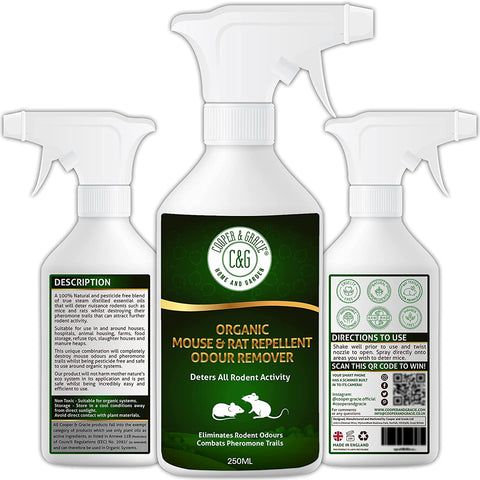
Deterrence with Essential Oils: Crafted from a 100% natural blend of true steam distilled essential oils, this repellent is specifically engineered to deter pesky rodents like mice and rats. The essence of peppermint and cedarwood infused in the formula doesn't just repel; it eradicates rodent odour and pheromone trails, ensuring a comprehensive, natural defence against these nuisances.
Versatile Use, Eco-friendly Impact: Whether you live in a cosy home or operate facilities like hospitals, farms, and food storage areas, this repellent has got you covered. Even spaces like refuse tips, animal housings, and manure heaps can benefit from its potent formula. What's more, while it effectively deters rodents, it's incredibly kind to our environment. There's no harm to the delicate ecological balance, ensuring that while the pests are kept at bay, nature thrives.
Simple and Efficient Application: Using the repellent is a breeze. Just give the bottle a good shake, twist the nozzle to open, and spray directly onto the desired areas. With its easy-to-use design, safeguarding your spaces becomes a straightforward task.
Trust and Assurance: It's always great to invest in a product that comes with guarantees. With Cooper & Gracie's satisfaction guarantee, if you find yourself less than impressed (though we doubt you will), there's a 30-day hassle-free money-back policy on the Organic Rodent Repellent & Odour Remover. It's a testament to our faith in the product's quality and effectiveness.
Incorporating this product into your arsenal of natural solutions ensures that you're not just addressing the problem at hand but doing so in an eco-friendly, sustainable manner. Your garden and home remain a sanctuary, and the world outside stays just a bit greener.
DIY Rat Repellents
Peppermint oil
When you think of peppermint oil, the first things that might spring to mind are its refreshing qualities in toothpaste or its festive presence in holiday sweets. However, this potent essential oil holds a lesser-known power – its ability to deter rats.
The intense aroma of peppermint oil is something that rats find overwhelmingly off-putting. Their sensitive olfactory systems, designed to detect food and potential threats, are overwhelmed by the robust minty scent. This aversion can be turned to our advantage in keeping our spaces rat-free.
To utilise this natural repellent, one doesn't need to drench their home or garden in the oil. Instead, by taking cotton balls and allowing them to absorb a fair amount of peppermint oil, you create potent deterrents. These saturated cotton balls can then be strategically placed around potential entry points, corners, near burrows, or any areas where rat activity has been noticed.
Furthermore, peppermint oil offers a dual benefit. While ensuring a rodent-free space, it also fills your surroundings with a pleasant, invigorating aroma that many humans find soothing and refreshing. This ensures a harmonious environment, free of both pests and the often overpowering chemical odours of commercial repellents.
Spicy mixtures
Remember the last time you bit into an ultra-spicy pepper? Rats feel similarly. A mix of hot pepper flakes and water can act as a potent rat repellent when sprayed around the garden.
Professional Interventions
Hiring a pest control service
Sometimes, the infestation might be beyond DIY remedies. In such cases, it’s wise to consult a professional pest control service. They'll assess the problem and offer tailored solutions.
Common Mistakes to Avoid
Relying solely on ultrasonic devices
While they might sound appealing (pun intended!), ultrasonic devices aren't always effective. Their sound waves can be blocked by obstacles, rendering them useless in many garden setups.
The Risks of Using Poisoned Bait
While poisoned bait might seem like an effective quick fix to a rat problem, its ramifications can stretch far beyond just the targeted pests. Such baits, although formulated to exterminate rats, don't discriminate between pests and other unsuspecting creatures that might ingest them.
One of the primary concerns is the inadvertent poisoning of other wildlife. Birds, hedgehogs, and even larger animals can mistakenly consume these baits or feed on poisoned rats, leading to a domino effect in the ecosystem. This could result in a decline of beneficial wildlife that play essential roles in maintaining a balanced environment.
Moreover, if you have pets, the stakes are even higher. Cats and dogs are known for their curious nature, and a stray piece of poisoned bait can be a tempting morsel. The ingestion can lead to severe health complications, and in some cases, it might even prove fatal. The distress and potential vet bills following such an incident can be considerable.
Additionally, there's a concern about children coming into contact with these baits. Often shaped like pellets or grain, they can be mistaken for food or playthings, posing significant health risks if ingested.
Given these considerable risks, it's vital to weigh the potential benefits against the hazards. (Personally, we would not recommend using poison in your garden). While poisoned bait may offer a solution to your rat problem, the collateral damage can be vast and sometimes irreversible. Hence, it might be prudent to explore safer, more targeted solutions that keep your garden, pets, and local wildlife safe from unintended harm.
Conclusion
Battling a rat infestation in your garden can feel overwhelming. But with the right mix of preventive steps, natural solutions, and professional interventions, you can reclaim your peaceful oasis. Remember, the key is to act fast and remain consistent in your efforts.
FAQs
-
Can I use mothballs to repel rats? While mothballs might deter rats, they are toxic and could harm other wildlife or pets.
-
Are rats dangerous to garden plants? Yes, rats can nibble on and damage various plants, affecting their growth.
-
How quickly can a rat infestation spread? Very quickly. Rats reproduce at a fast rate, and even a couple can lead to an infestation in a few months.
-
Do store-bought rat repellents work? Some do, but their effectiveness varies. It's best to research specific products and perhaps combine them with other methods.
-
Can I keep rats away using sounds or music? While some sounds might deter rats temporarily, they eventually adapt. It’s not a long-term solution.
Give Your Garden a Natural Edge with Cooper & Gracie
Ever tried to chase away pests without compromising on the health of your pets or the purity of your garden? Cooper & Gracie offer just the solution you're hunting for: our Organic Mouse & Rat Repellent. You can also dive into a range of ethically crafted, cruelty-free garden and lawn products made right here in the UK, perfectly suited to ensure your garden remains a sanctuary for you, your family, and your pets. Don't let pesky pests steal the joy of gardening. Choose Cooper & Gracie – because a garden is a reflection of the love you pour into it. Discover a better way to protect it now.

